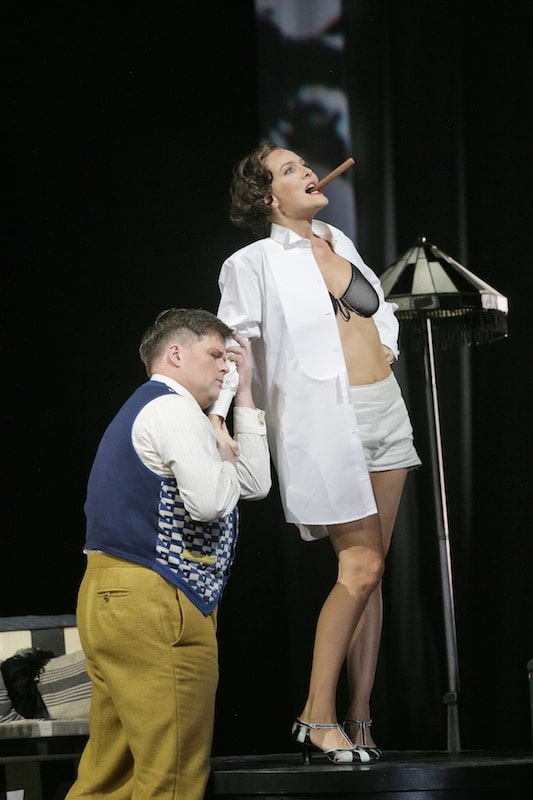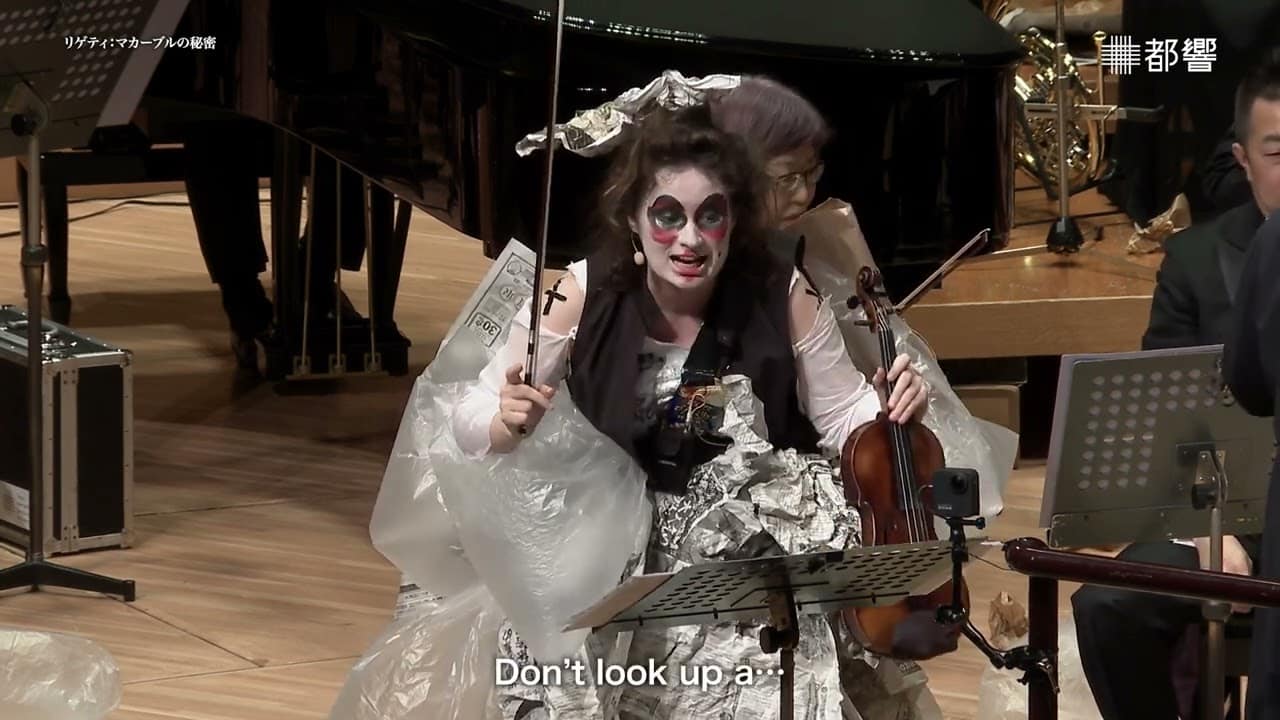Three views on women in opera, one radical
mainThe manufactured controversy over the Met’s late adoption of an established opera by Kaija Saariaho has bred a spate of thoughts about the state of prejudice against women opera composers.
Our pal Shawn E. Milnes reflects on the sorry history here, but he finds a rising tide of equality in smaller companies. By way of contradiction, the composer Missy Mazzoli offers disquieting evidence of a double standard:

I have a friend, a composer, who told me, ‘When a man writes something lyrical it’s seen as brave and courageous, but when a woman does it it’s seen as sentimental and indulgent.’ This was in the late ’90s and she was commenting on how sexist the new music community was. I’d like to say that times have changed, but I think this is still totally true.
More here.
In the Guardian, Charlotte Higgins argues that opera is both unfair and sadistic towards women.
You might expect that, in the modern era, women’s roles would have changed, but opera is a big and expensive artform whose repertoire is not easily refreshed. Women composers of opera on the grand scale are few and far between….Their librettists have sometimes been women.
Discuss.

The most daring analysis comes from the critic and publisher Martin Anderson, who bravely associates composing with a form of autism.
It strikes me that what gives a composer the tenacity to sit at a desk endlessly turning patterns over in his (or her!) mind is likely to be some form of autism – which is a spectral condition, so that you have it to varying degrees of intensity. Some composers would seem to have been full-blown Asperger sufferers and so to have had the social dysfunctionality that goes with it – think of Alkan, Beethoven, Brahms, Janáček, Langgaard, Martinů, Prokofiev, Shostakovich, Stravinsky, Weinberg and many others. My suspicion, indeed, is that the capacity to take infinite pains over something that’s often minutious means that music, mathematics and other such ‘mental’ disciplines are going to attract and reward minds that are autistic to some degree and find satisfaction in such activity.
Now, autism affects males much more than females, to an extent current estimates of which vary, but the ranges are between twice and sixteen times as much. Since the historical preponderance of male over female composers seems to have survived into our more liberal times, could it be that there are fewer composing women simply because women as a rule are more ‘normal’ than men, that fewer of them are obsessive to the degree required to be a Janáček or a Shostakovich?
Phew! Read on here.
Talk among yourselves.





Comments